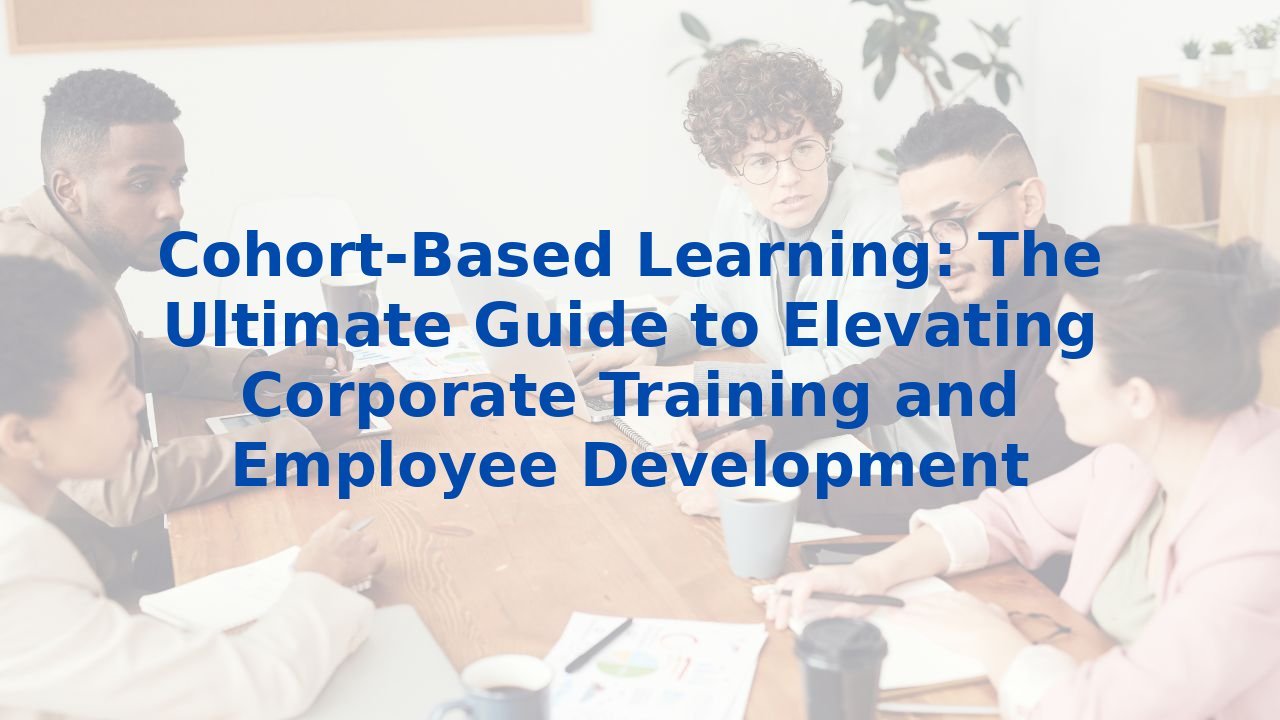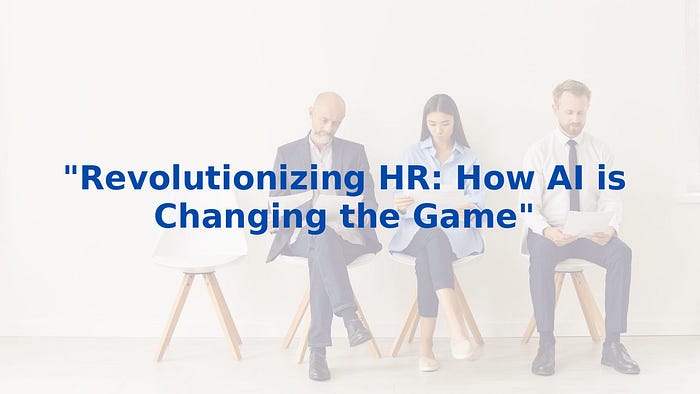Cohort-Based Learning: The Ultimate Guide to Elevating Corporate Training and Employee Development
Cohort-Based Learning: The Ultimate Guide to Elevating Corporate Training and Employee Development
Introduction
As the landscape of corporate training shifts, organizations are re-evaluating their strategies for employee development. One transformative approach gaining attention is cohort-based learning. This method fosters collaboration and real-time support among participants, enhancing not only individual understanding but also collective growth. Combined with the power of Artificial Intelligence (AI), cohort-based learning can elevate corporate training to unprecedented heights, enabling organizations to adapt, thrive, and foster a skilled workforce that meets modern demands.
The Power of Cohort-Based Learning
Cohort-based learning is built on the principle that individuals learn better together. By forming groups of learners who journey through training programs concurrently, participants benefit from diverse perspectives and shared experiences. This approach encourages deeper engagement and accountability, making learning a collective endeavor rather than a solitary task. When combining this with the capabilities of AI, the potential for enhancing corporate training becomes even more significant.
AI as a Catalyst for Enhanced Learning
AI can transform cohort-based learning in several impactful ways:
1. Personalization of Learning Paths
One of the most compelling advantages of AI is its ability to analyze individual learning styles and preferences. By assessing each cohort member's progress and interactions, AI can customize learning pathways that suit their unique needs. This means that even within a group context, each learner can receive tailored resources, ensuring no one is left behind.
2. Streamlined Feedback and Assessment
AI-driven assessments can provide instant feedback to participants, allowing them to identify areas for improvement in real-time. This capability not only accelerates learning but also enhances the overall experience by creating a dynamic and responsive training environment. Improved assessment tools foster a growth mindset, where individuals value progress and continuously seek to elevate their skills.
3. Fostering Collaboration
AI facilitates collaboration among cohort members by analyzing communication patterns and identifying opportunities for group interactions. By integrating AI tools into platforms used for learning, teams can be strategically assigned to tasks that maximize their skills while reinforcing teamwork, problem-solving, and collective growth.
Optimizing Corporate Training Pipelines
With AI integrated into cohort-based learning, organizations can optimize their training pipelines effectively:
1. Identifying Skill Gaps
AI can analyze the current skill sets of employees in conjunction with required competencies identified by leadership. This data-driven approach helps organizations create targeted curriculum for cohorts, ensuring that specific areas can be addressed and improved upon.
2. Predictive Analysis for Future Needs
By utilizing machine learning algorithms, organizations can anticipate future training needs based on emerging trends and evolving industry standards. This foresight allows companies to prepare their workforce for the challenges ahead, efficiently equipping them with the skills necessary to adapt to impending changes.
Training Employees for AI Adoption
While integrating AI into employee development is crucial, it's equally essential to train employees on these new technologies. By investing in comprehensive AI training programs, organizations equip their teams with the knowledge and skills to utilize AI effectively. This creates a culture of innovation, where employees feel empowered to contribute ideas and improvements using AI as a foundational tool.
Enhancing Employee Engagement and Retention
Investing in cohort-based learning that incorporates AI not only enhances skill sets but can also significantly improve employee engagement and retention. When employees feel that their development is prioritized, they are more likely to remain committed to their organization. This creates a cycle of continuous improvement, where skilled employees can contribute to collaborative innovation.
Conclusion
As organizations navigate an increasingly complex business landscape, cohort-based learning supplemented with AI offers a pathway to elevate employee development and corporate training. Embracing this dynamic approach not only streamlines operations but also fosters a resilient workforce that can adapt to change, innovate solutions, and ensure long-term success. The future belongs to organizations that recognize the importance of developmental strategies and leverage cutting-edge technology for both individual and collective growth.
"In a fast-paced world, staying ahead often means redefining how we approach learning and development. By merging cohort-based strategies with AI, we can unlock limitless potential."
To learn more about enhancing your organizational capabilities through AI and training, explore resources on AI Training programs that can elevate your workforce today.



